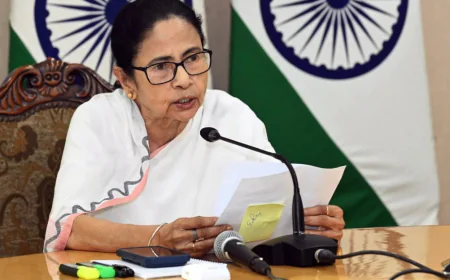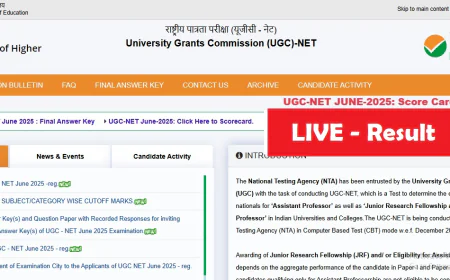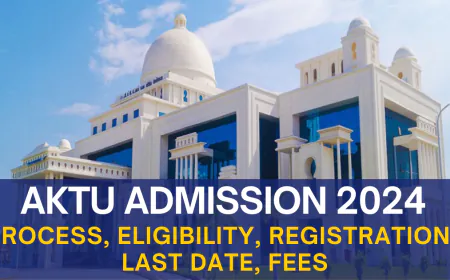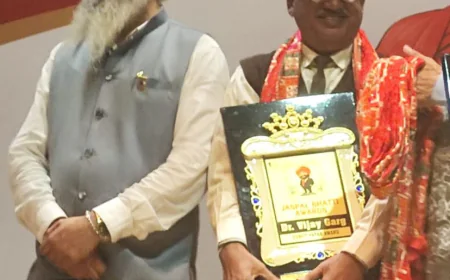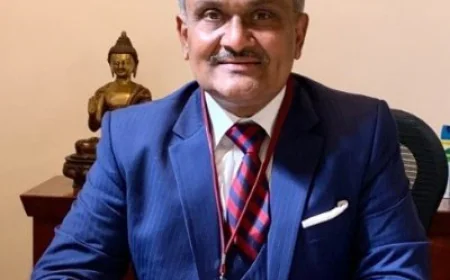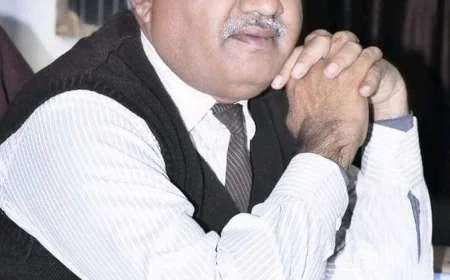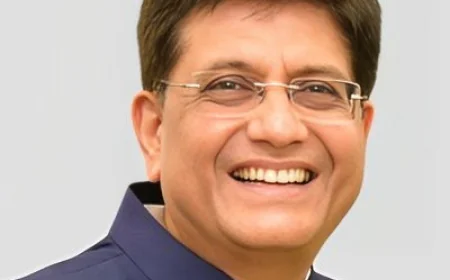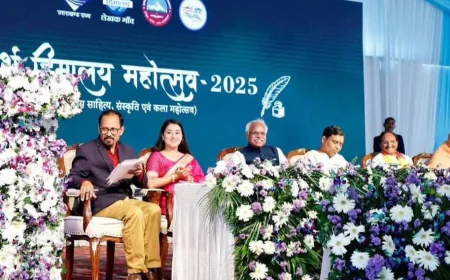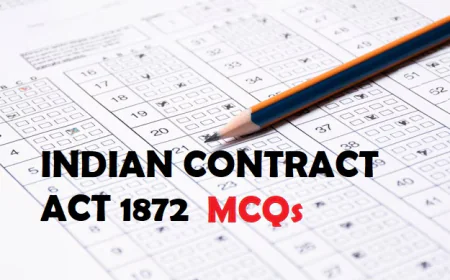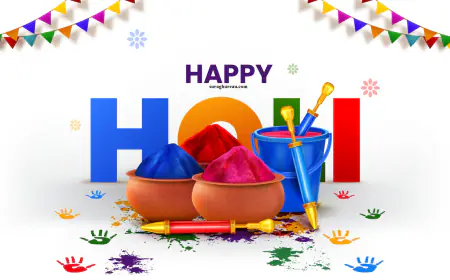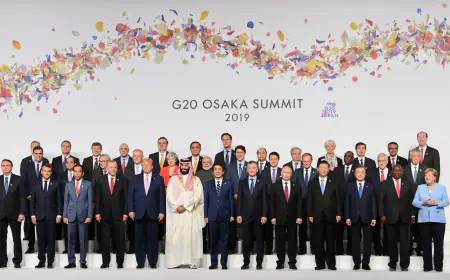Language versus Indians
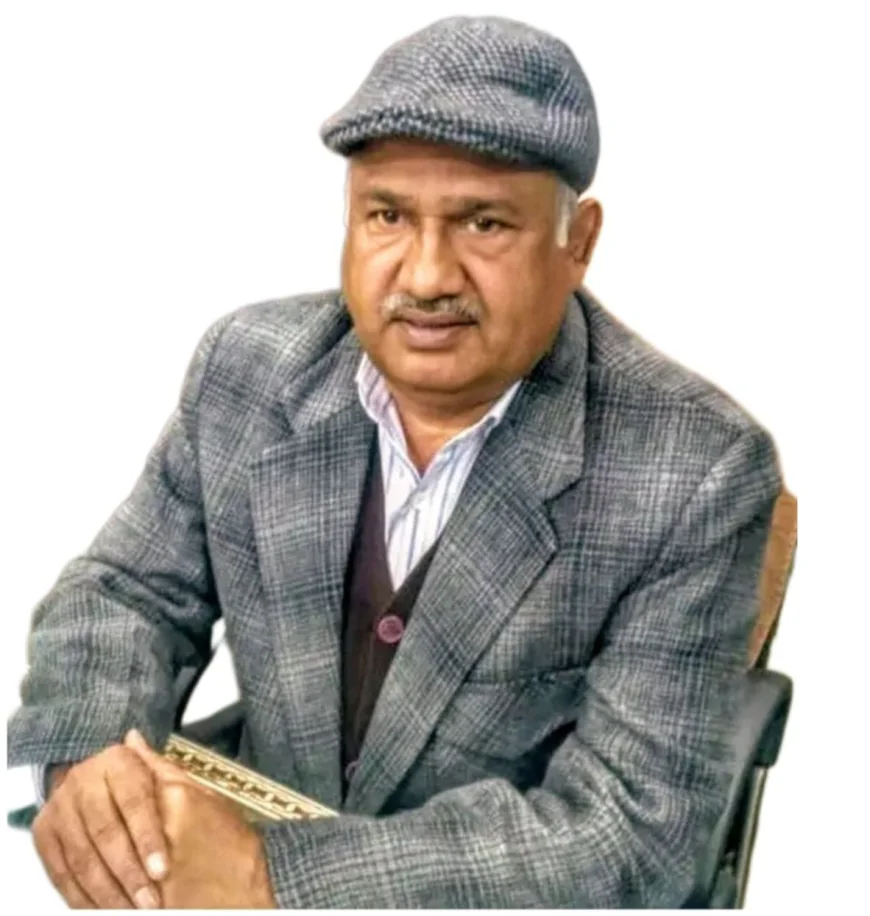
Language versus Indians
In India, a multilingual nation, language is not only the means of communication but also symbolizes cultural identity, tradition and community unity. The theme of 'Language vs Indianity' reflects the complex relationship between this linguistic diversity in India and a sense of national unity. The controversy revolves mainly around the demand to establish a language as national identity and the need for preservation of regional languages.
Language diversity: The power and identity of India The Constitution of India recognises 22 languages in its 8th Schedule, including Hindi, Tamil, Bengali, Marathi, Kannada, Telugu etc. This linguistic diversity is the country's greatest strength, nurturing India's unique sense of "unity in diversity." Cultural symbols: Each language brings with it a unique literature, folk art and lifestyle that weaves the magnificent bonds of Indian culture. Regional Unity: Their native language is an integral part of their identity for the inhabitants of a region. The preservation of the mother tongue is important for maintaining their regional identity.
official language vs. national language: status of Hindi The debate is often focused on the status of Hindi. Official Language Status: According to Article 343 of the Indian Constitution, Hindi has official language status. It is mainly used for administrative and government functions. No national language: There is no official national language of India. All languages are given equal respect in the Constitution. Disputes: There have been calls to make Hindi mandatory or declared a national language throughout the country from time to time. In Hindi-speaking states it is seen as a symbol of national unity, while in many non-Hindi-speaking States (especially South India) it is viewed as an attempt to impose on regional languages and cultures. The essence of Indianity and the role of language Indianity is not limited to one language. It is an inclusive idea that embraces different cultures, traditions and languages. The basis of integrity: India's unity lies in respect for its diversity. Making or imposing a single language can offend regional sentiments and endanger national unity, as evidenced by the history of linguistic disputes in the 1950s and 60s.
Contact Language: While some see Hindi as a contact language, others consider English to be a neutral medium that provides an equal platform between different linguistic groups and connects with global opportunities. Gandhi and Private Languages: Mahatma Gandhi said that "the nation is dumb without language" but it did not mean to be at the sacrifice of other Indian languages. The famous lines of the poet Bharandhu Harishchandra: "Your language is progress, the root of all progress. without private language-knowledge, does not disappear." Reflects the importance of mother tongue, which is the basis for knowledge and progress Conclusion: Balance and coexistence The struggle of 'language versus Indianity' is really a matter of intimacy and self-esteem. The predominance of one language is not required to maintain Indianity, but coexistence and respect for all Indian languages. Encouragement of multilingualism: Effectively implementing policies such as the tri-lingual formula in education, which promotes mother tongue/regional language, Hindi (in non-Hindi states), and English can be a balanced approach.
Cultural preservation: It is the preservation of linguistic and cultural diversity that strengthens, not weakens Indians. The true identity of India lies in its multiplicity, where each language and culture contributes to the national consciousness. In today's age, when English has grown in influence and the use of regional languages is declining in urban life, the question arises whether Indians should be combined with language. Does the English-speaking Indian get away from his India? Maybe not. Indianity lies not only in language but also in thought, behaviour and values - respect for others, acceptance of diversity, and the spirit of Vasudev Kuttakum. Yet, language is the basis of our identity. When we don't respect our mother tongue, our cultural roots begin to weaken. Language is not just a medium of communication, but an emotional and cultural heritage.
Thinking and creating in the mother tongue deeply connects a person to his environment. So "Language vs Indians" is not a conflict, but a coexistence relationship. Every Indian language has its share of Indianship. Indians are not tempted by a single language, but in the beatings of every one. In the end, true Indians are those who respect every language, and understand that India's real power lies in its linguistic diversity--the very diversity which does not divide us but unites us.
Vijay Garg retired Principal MALOUT Punjab



